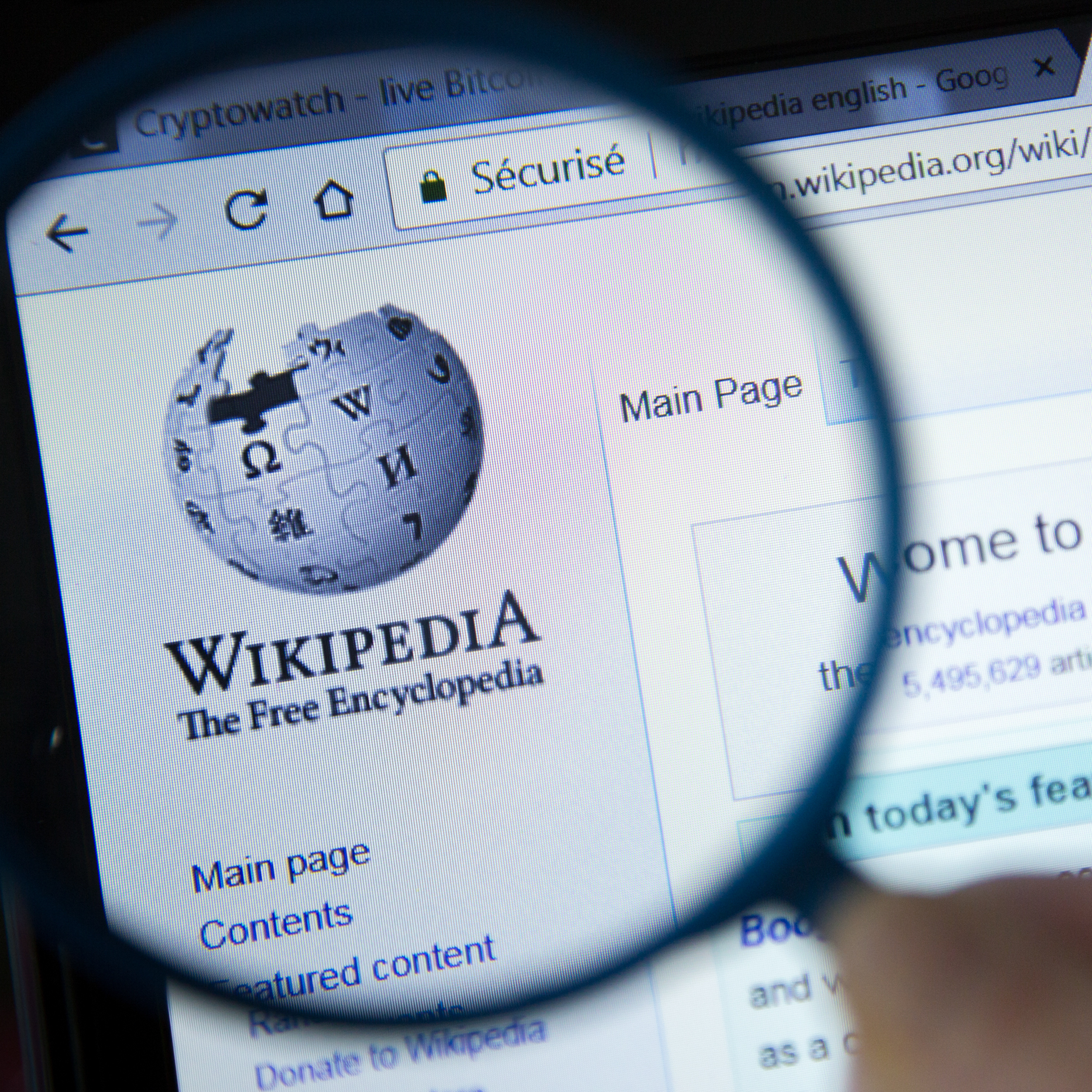The well-known online encyclopedia that receives over six billion views a month has been singled out for harsh criticism by none other than its co-founder, Larry Sanger. He now prefers to be called a “former founder”, in protest against what his once libertarian and independent project has morphed into. The website that he co-founded alongside Jimmy Wales in 2001 has grown into one of the world’s most influential sources of information, and which has been incorporated into Google searches. But Wikipedia, intended to be a free collaborative knowledge project towards which anyone could contribute, is now strictly controlled by those in power in order to advance their own political or economic interests, claims Sanger.
In a recent interview, Sanger claims that if only one version of the facts is allowed in Wikipedia by its editors, then it gives a strong incentive to the wealthy and those in power to seize control of the platform to shore up their power. If someone is looking for a balanced version of the truth, then he won’t be served by Wikipedia anymore. When the site was founded twenty years ago, it was committed to neutrality, and in fact had played a key role in the discussion about how new media should be formed and defined. In its original form, readers could find a variety of opinions laid out within a single article, even if it was what Sanger called a “hot-button issue.” There were discussion pages where opinions could battle it out; thus, in the early 2000s it was much easier for people to take part in the project. Yet particularly over the past five years, Wikipedia has changed into a platform where it is especially difficult to participate in the writing of many articles. If you make an edit on a number of topics – or the wrong topic – you can be in line for a stern warning or even getting kicked out, even if your contribution is factual and positive. This now happens even with unimportant articles, claims Sanger.
Wikipedia is now one of the world’s most influential resources, “so there is a very big, nasty, complex game being played behind the scenes to make the articles say what somebody wants them to say,” claims Sanger. There are influential people who are paying consultants who are constantly attending to their Wikipedia pages to maintain their positive image. Companies such as Wiki PR will create an image for you in return for a fee. This diversion from neutrality is amplified when it comes to top political actors, such as US presidents. Sanger, who is preparing a new article on Wikipedia’s reporting on Biden, complains that the Republican perspective is completely missing from the article, which fails to list controversies that the current president was involved in. For instance, the Hunter Biden scandal is only mentioned on his page as one that Donald Trump is responsible for, while the Bidens are exonerated. No concerns voiced by Republicans can be found in this Wikipedia entry – the whole article reads like a “defense council brief”.
When asked about how this bias has developed, Sanger argues that there are Democratic-leaning editors who prevent more politically neutral contributions from being read, even though the neutrality policy is still in place. Wikipedia has not only become politically biased, but it has become reliably establishment in its viewpoint, even though its beginnings were libertarian and often anti-establishment. Even the way it presents Christianity is sanitized and is dominated by an academic liberal approach, while more Bible-based and existentialist voices are excluded. Opinions of conservative academics are completely missing, something against the founding spirit of the site, as it should aim to present a variety of the most prevalent opinions for readers to learn from. Though no views should be advocated, more traditional views should be canvassed and explained, argues Sanger.
The former founder believes that the site now serves as a propaganda tool for the left, rather than a platform for unbiased learning. In Sanger’s view, especially in the past five years, Wikipedia has experienced a takeover from the powerful global establishment. As Sanger put it, in the first years of the internet, users trusted new media such as Facebook or Youtube with their liberty and with their personal data, but these sites have “stabbed them in the back”. Sanger’s view is that the internet needs to be decentralized, a process that can eventually happen, but will take some time.






